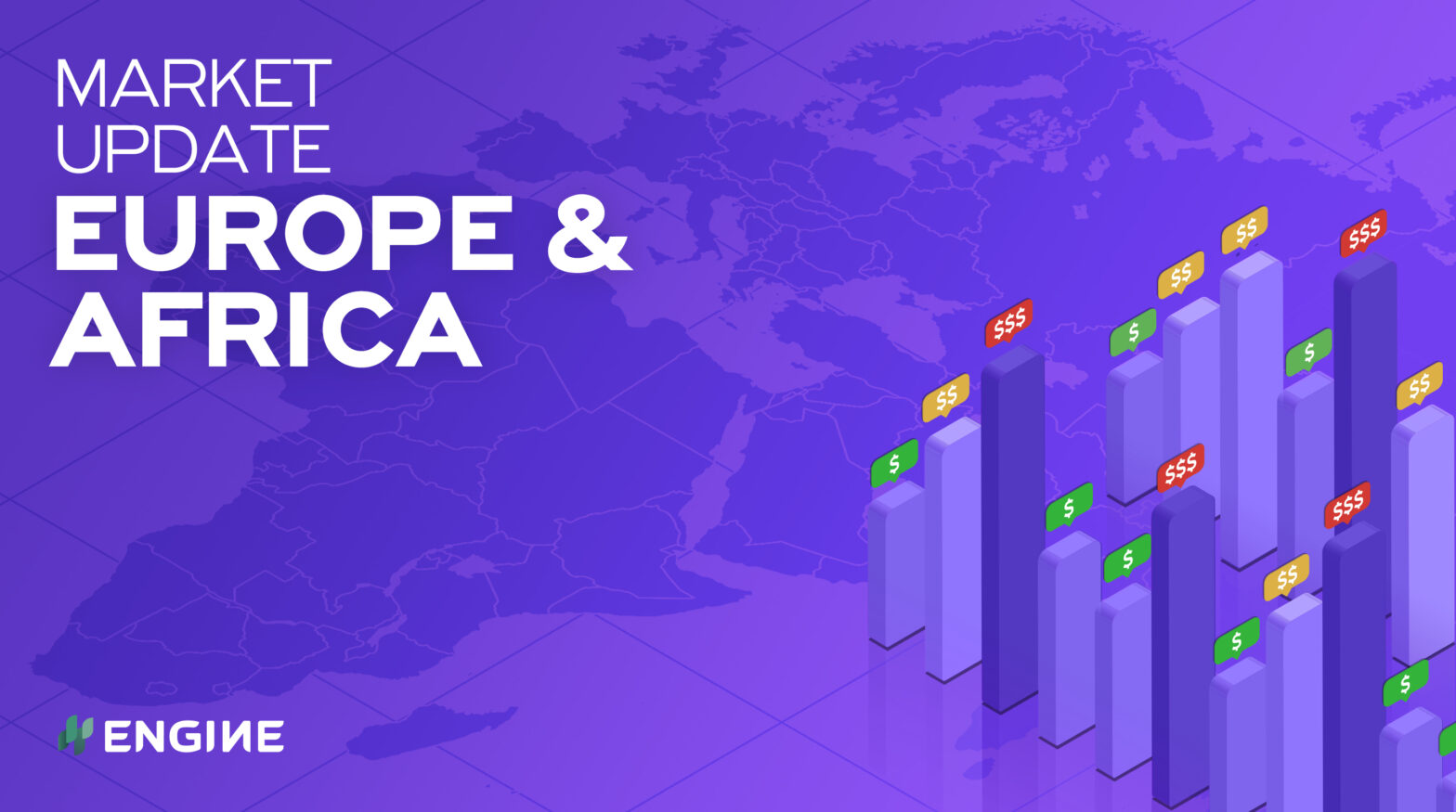Bunker prices are down for a second day in European and African ports as Brent remains close to two-month lows.
Changes on the day to 08.00 GMT today:
- VLSFO prices down in Rotterdam ($20/mt), Durban ($5/mt) and Gibraltar ($3/mt)
- LSMGO prices down in Rotterdam ($15/mt), Gibraltar ($6/mt) and Durban ($5/mt)
- HSFO prices down in Rotterdam ($11/mt) and Gibraltar ($5/mt)
Rotterdam’s bunker prices have fallen steeply and its VLSFO price has dipped below Gibraltar’s again, to a discount of $12/mt now. Prices for the grade are normally lower in ARA than in Gibraltar Strait ports, but rose to premiums in ARA yesterday amid sharp drops in Gibraltar, Algeciras and Ceuta.
Hamburg, Skaw and Gothenburg’s VLSFO prices have also made significant losses and maintained their slight discounts of $3-6/mt to Rotterdam.
Port activity in Durban and Richards Bay has picked up after riots and part closures last week. Operations started to normalise with resumption of transport links to the ports, but Sapref’s Durban refinery remains offline after a force majeure was called on Wednesday last week.
Port Elizabeth was not directly affected by the riots, and Durban and Richards Bay’s VLSFO prices rose against Port Elizabeth last week. Their prices remain at $20-24/mt premiums over Port Elizabeth now.
Brent
Front-month ICE Brent crude has shed $3.28/bbl on the day to 08.00 GMT, when it stood at $69.35/bbl.
Brent has edged up today following a steep drop yesterday. The combination of an OPEC+ deal that will mean more crude output, and renewed concerns about rising Covid-19 cases from the more infectious Delta variant in parts of Europe and Asia, sent Brent tumbling to two-month lows yesterday.
OPEC+ negotiations ended with a compromise that will see output rise by 2 million b/d from August to December this year, and update the baseline production quotas of five OPEC+ members from May next year.
Some analysts believe the recent price drop for Brent to be short-lived and that the OPEC+ deal has staved off further disunity in the group, which could otherwise have resulted in the supply management pact dissolving into a battle for market share.
“Although the intention to increase production is a short-term negative for oil prices, particularly as it coincides with growth fears sweeping markets this week, in the longer run, the ability of OPEC+ once again to overcome their difference is a positive for prices,” OANDA analyst Jeffrey Halley said.
Pessimism over the rapid spread of the Delta variant, especially in populous countries with low vaccination rates such as Bangladesh, Indonesia, Pakistan and Thailand, has clouded the economic outlook and driven down oil prices in the past day. Spiking cases in Europe prompted some restrictions on movement to be reimposed in Portugal, Netherlands and parts of Spain earlier this month.
“Rising cases of the delta variant of the coronavirus in some Asian and European countries and possibilities of travel restrictions have increased crude oil demand uncertainty to some extent,” ING analysts Warren Patterson and Wenyu Yao said in a note.
